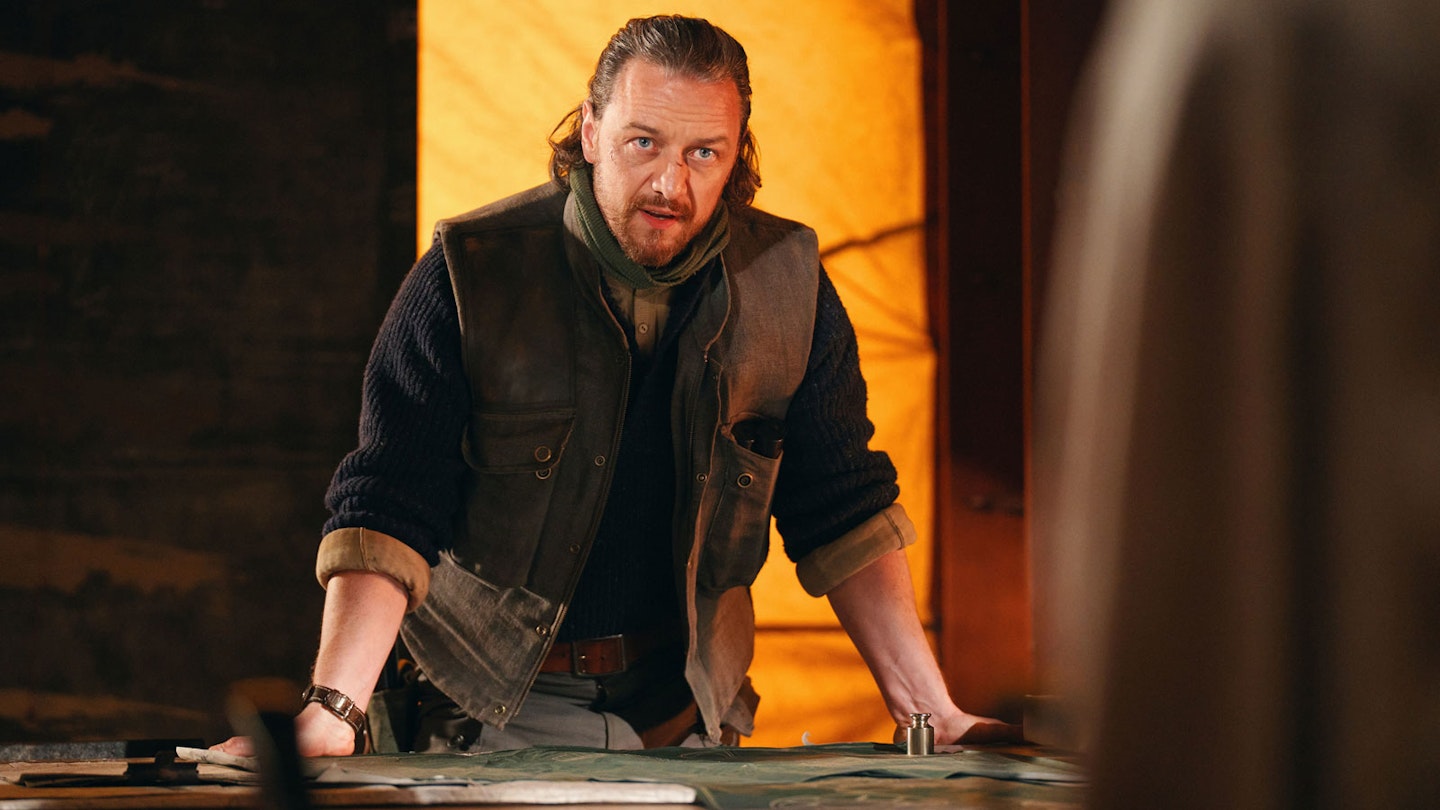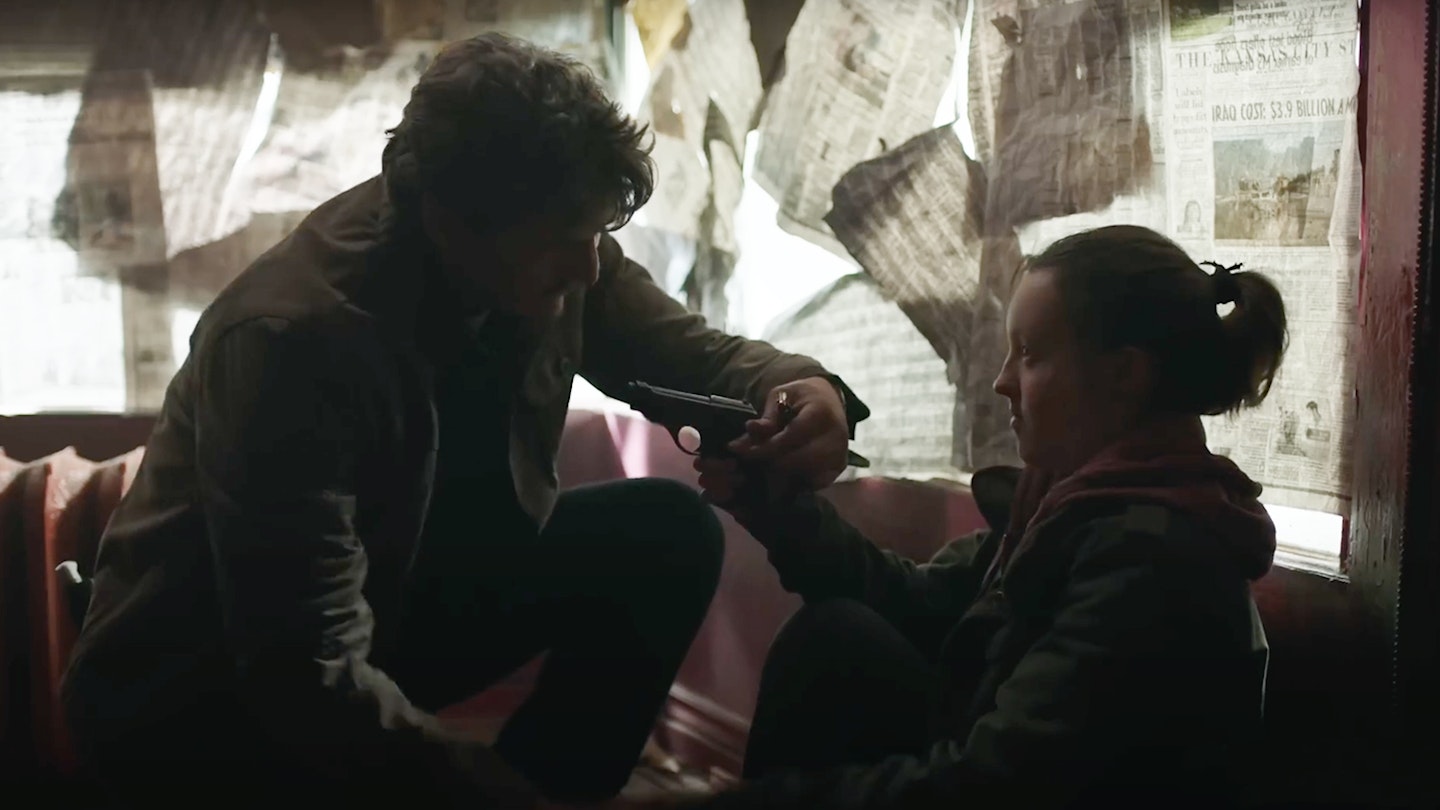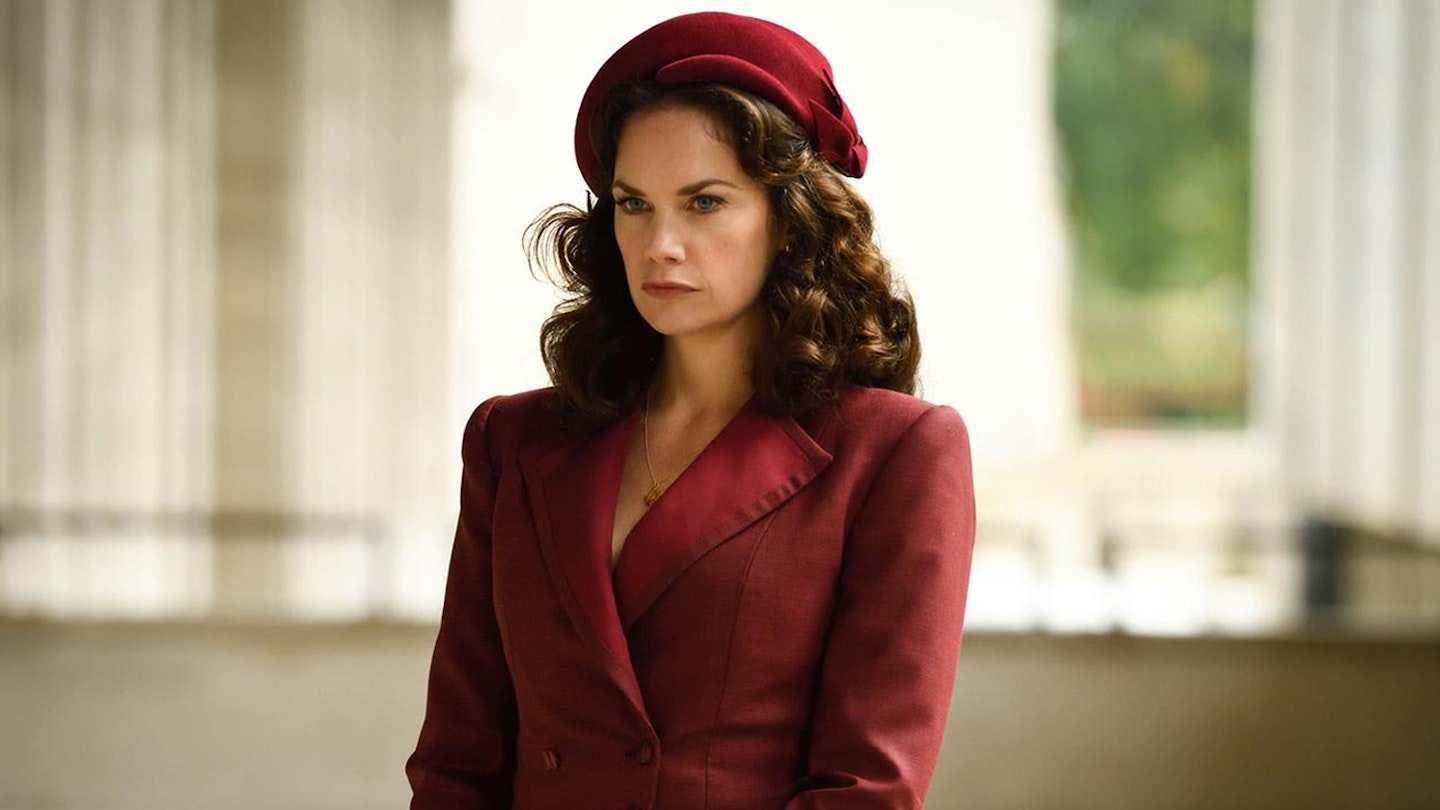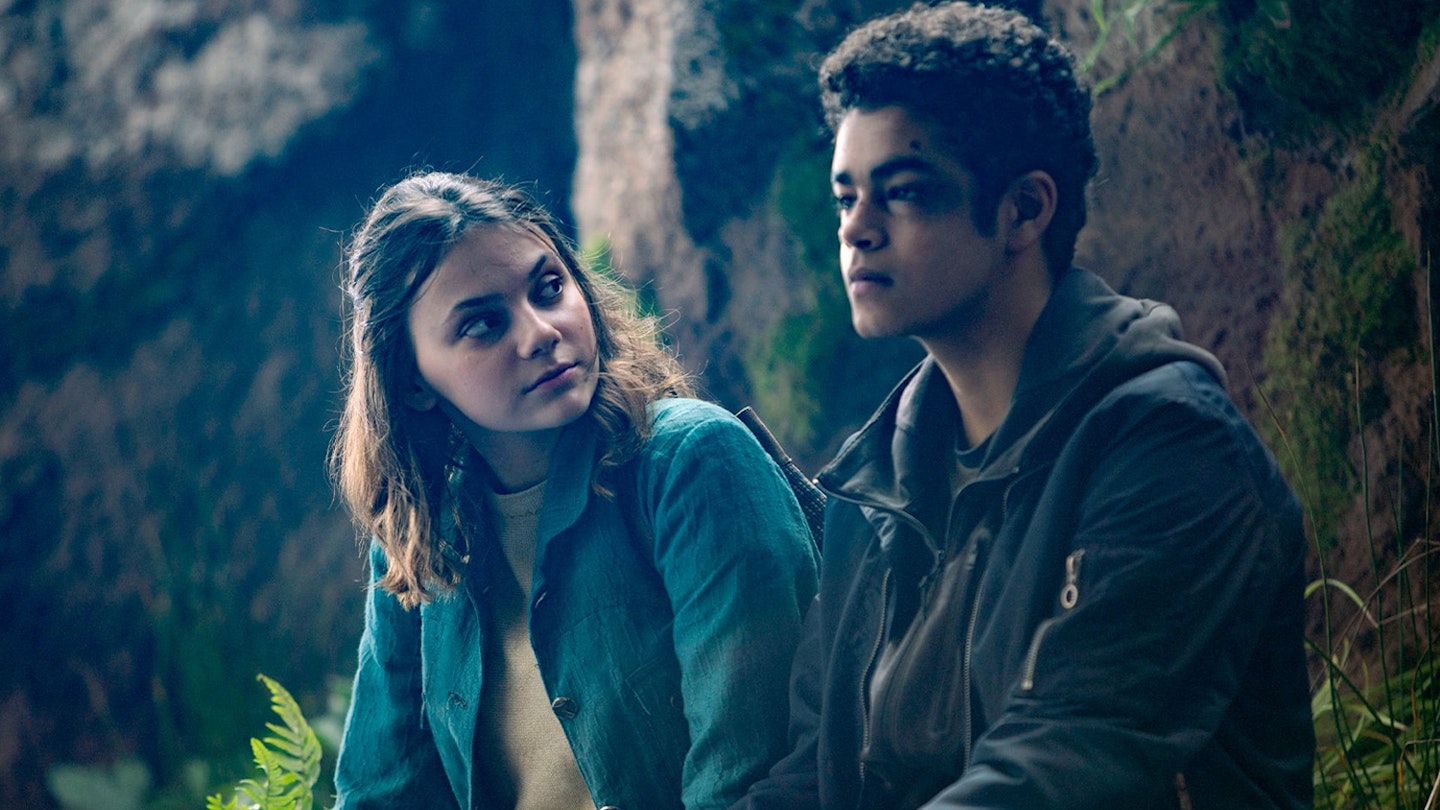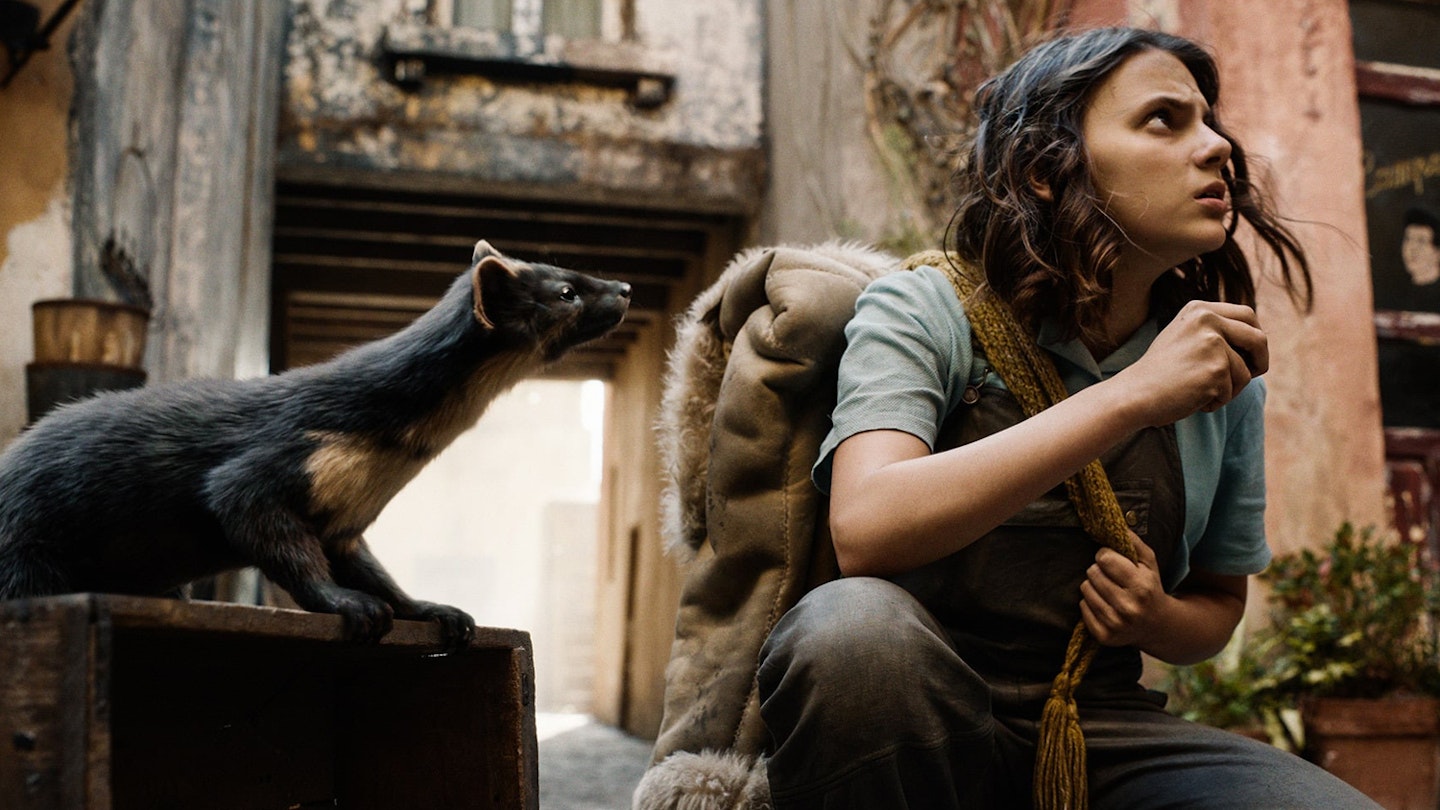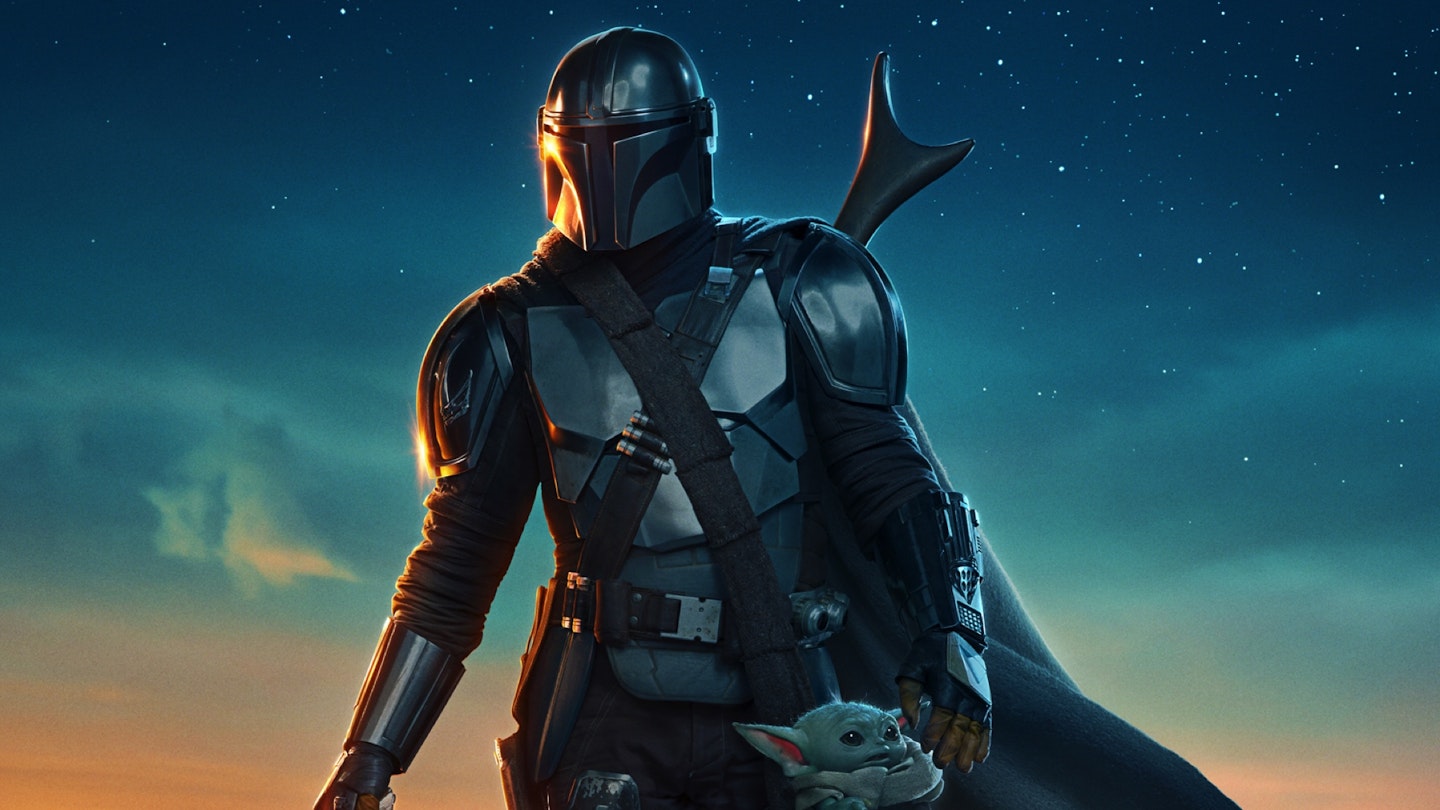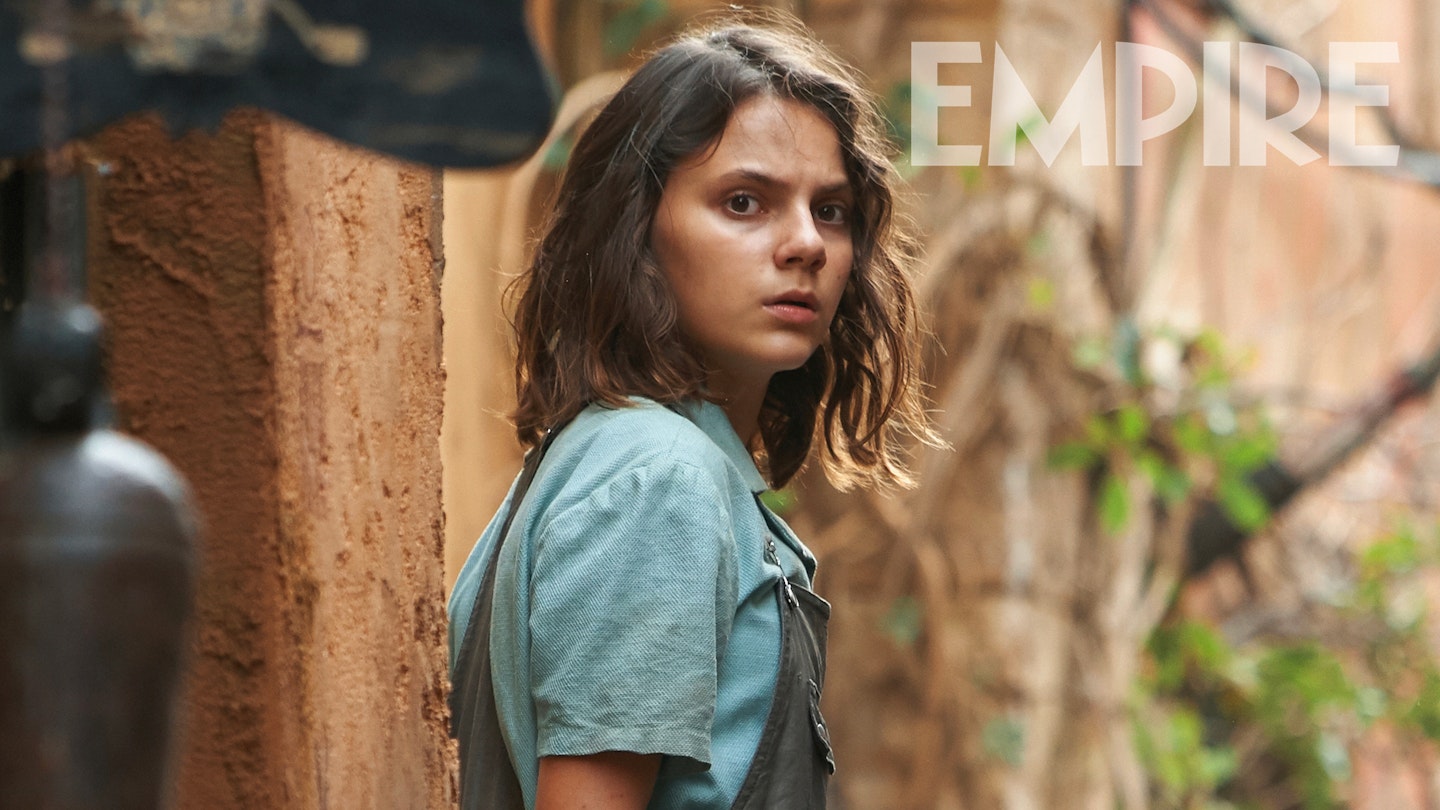Airing on: BBC One / iPlayer
Episodes viewed: 7 of 8
What began as a relatively simple young-adult adventure story — girl goes looking for kidnapped pal — ends on a cosmic scale in this third series of His Dark Materials, adapting the final book in Philip Pullman’s hit trilogy. The Amber Spyglass is the hardest to adapt, thanks to a tricky mix of odd creatures and dense philosophical concepts, but the Bad Wolf production team and writers Jack Thorne, Amelia Spencer and Francesca Gardiner have threaded the needle between the personal and the pan-universal.
As we rejoin our heroes, months have passed. Will (Amir Wilson) is using the subtle knife to travel between realities and search for his friend Lyra (Dafne Keen), who’s being held by her unpredictable mother, Mrs Coulter (Ruth Wilson). Lyra just wants to get free and apologise to her friend Roger in the Land Of The Dead, and if that means changing the order of the cosmos, so be it. Keen and Wilson have both matured, the better to play this season’s more romantic elements, but despite a few hesitant moments they slide easily back into these characters.
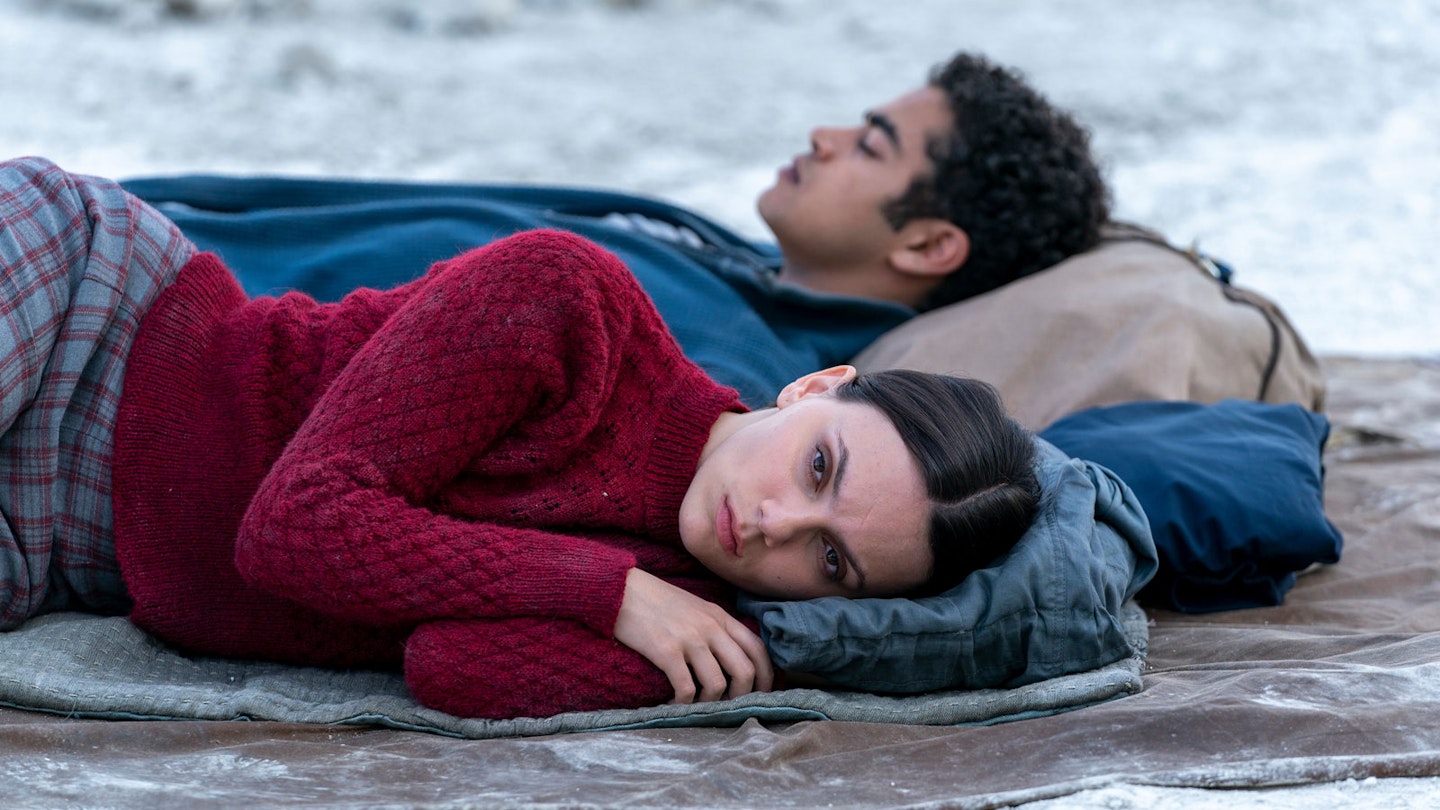
Initially, however, much of the plot is driven by Lyra’s hugely powerful, wildly untrustworthy parents. Mrs Coulter is struggling with her feelings for her daughter, though that doesn’t make her any less dangerous, while James McAvoy’s Lord Asriel — almost absent from last season due to Covid-related scheduling issues — is so preoccupied with the war he has declared against the Authority that he fails to recognise his daughter’s great role in changing the balance of power. Coulter is impossibly sly; he’s outrageously arrogant. Both eat up the screen.
Visually, this series steps up a gear.
Visually, this series steps up a gear, with shimmering angels hanging around and vast armies clashing in the air. The cinematography colour-codes each world to keep things visually comprehensible, creating an interesting Land Of The Dead with a vast waiting room tinged a sort of 1970s-office fluorescent green. It’s not on a par with the mega-budgeted likes of The Rings Of Power or House Of The Dragon, but the heavy reliance on Welsh quarries and hillsides leaves enough budget for decent witches and cliff-ghasts. Crucially, they’ve also found a way to bring the deeply strange species of ‘mulefas’ to life more-or-less as described; these sentient herbivores play a key role in the books, but their physiology is so weird that they have long been a source of trepidation for fans.
The adaptation leans heavier on plot and character than on philosophy, as you might expect when trying to boil down such a sprawling book into eight episodes. But if that makes it more populist, it’s not simplistic, and despite a few changes (a Himalayan cave becomes a chapel on an Atlantic island), it’s remarkably faithful. The BBC has produced a show that really does declare war on heaven — and at Christmas. You have to admire the nerve.
